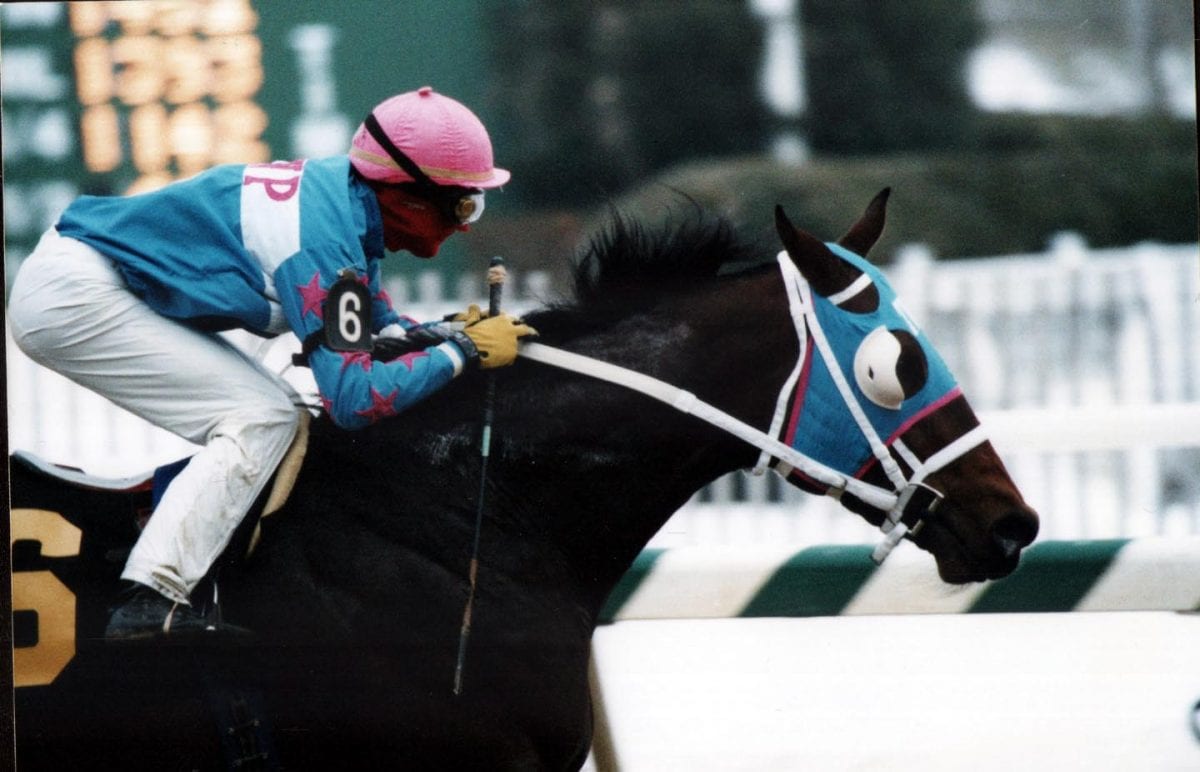Claiming horses is an odd little business.
It’s founded on asymmetric access to information — the owner and trainer of the horse know virtually everything, and would-be claimants know only what they can glean from available sources. That leaves claimants guessing — about the motives of the connections, the soundness of the horse, the meaning of an unexpectedly good or bad recent performance.
Guess right, and enjoy the fruits of a good claim. Guess wrong, and, well, guessing wrong is an expensive mistake.
It’s that high-stakes poker feel that draws many to claiming and keeps them in it. Ken Ramsey, for example, plays the racing game at the very highest level — but he’s also happy to drop a claim slip on a horse he likes.
Yes, risk is integral to the claiming game — financial risk, that is.
What shouldn’t be integral, however, is risk to the well-being of the horses themselves.
That’s why yesterday’s Maryland Racing Commission decision to give conditional approval to a new claiming rule, one advocated for by the Maryland Thoroughbred Horsemen’s Association, makes so much sense. The rule would allow claims to be voided when a horse dies or is euthanized on the track, or (at the claimant’s discretion) within an hour after a race in which the horse is vanned off.
If ultimately approved — which seems likely — the new rule will help reduce the incentive that some unscrupulous connections feel to “dump” unsound horses in the hopes of losing them via the claimbox. It’s horse-friendly, which is the impetus behind it.
It’s also owner-friendly. It means that if I drop $15,000 on a horse, say, then I get a living, breathing horse. That’s not much of a guarantee — it might be a horse not worth what I paid for it, or a horse with injuries that require time off. But it’s a lot more sensible, and fairer, than telling me that I might get a living horse — or I might not.
And fans and bettors will appreciate knowing that racing is taking this step in the direction of protecting its horses.
This rule won’t change the racing world; it won’t right every wrong, or protect every horse.
But it’s a simple, common-sense fix to a flaw in the claiming system — one that will make the system kinder to horses and fairer to owners.
The verdict: thumbs up.







